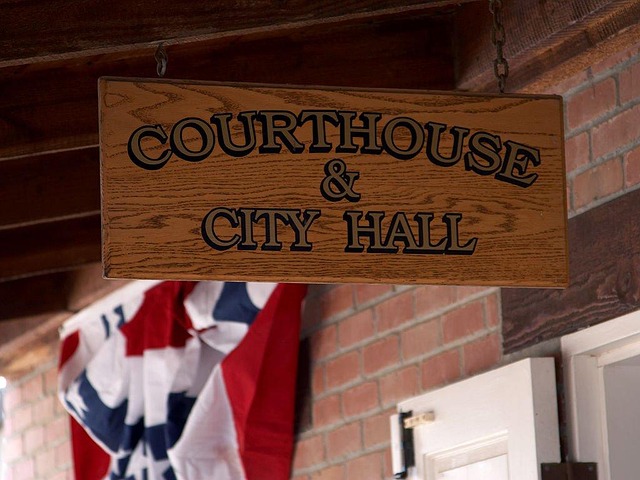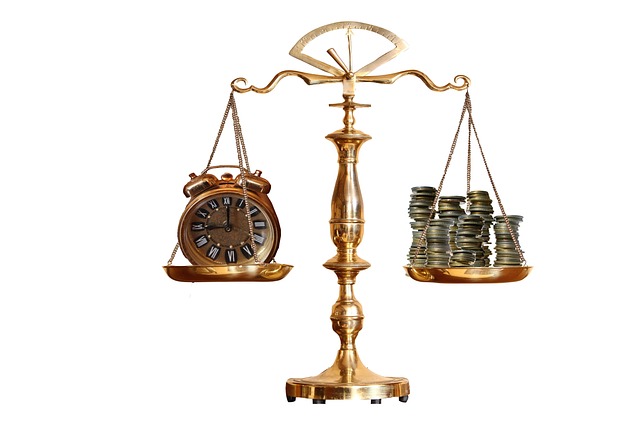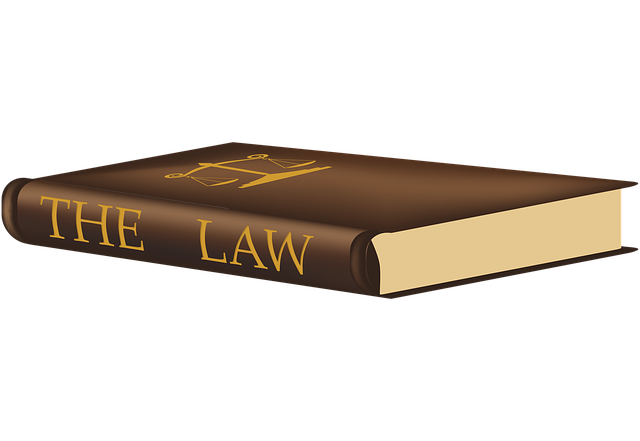In criminal justice, Litigation Support Services play a pivotal role in ensuring fair trials by addressing jury biases. They utilize data analytics and research to analyze demographic data, trial outcomes, and media coverage, guiding strategic decisions during jury selection. This process is crucial for navigating complex interactions between legal, philanthropic, and political entities, aiming to prevent systemic bias. By promoting transparency and accountability, these services strengthen the integrity of the criminal justice system. Specifically, they help uncover hidden biases in white-collar offenses, promote diverse juror pools, and employ evidence-based practices to mitigate unconscious prejudices, ultimately achieving just outcomes for all clients while upholding fairness.
Litigation Support Services play a pivotal role in criminal justice, ensuring fairness and impartiality in trials. This article delves into the intricate world of these services, focusing on how they address critical issues like understanding jury biases in criminal cases. We explore techniques to uncover and mitigate unconscious biases during jury selection, while highlighting evidence-based practices for fair jurors. Through compelling case studies, we demonstrate successful implementations of litigation support strategies, shedding light on their profound impact on the criminal justice system.
- The Role of Litigation Support Services in Criminal Justice
- Uncovering Jury Biases: Challenges and Impact on Trials
- Techniques to Mitigate Unconscious Bias during Jury Selection
- Evidence-Based Practices for Fair and Impartial Jurors
- Case Studies: Successful Implementation of Literature Support Strategies
The Role of Litigation Support Services in Criminal Justice

In the realm of criminal justice, Litigation Support Services play a pivotal role in ensuring fair and just trials. These services are instrumental in addressing one of the most significant challenges faced by the legal system: understanding jury biases. Jury selection is a critical phase where potential prejudices or preconceptions can greatly impact the outcome of a case. By employing advanced data analytics and research methodologies, litigation support experts help identify and mitigate these biases. They analyze demographic data, historical trial results, and media coverage to provide insights that inform strategic decisions during criminal trials.
This process is crucial in navigating the complex dynamics between the judicial system and the philanthropic and political communities. It ensures that every defendant receives a fair hearing, preventing instances where an individual might face a complete dismissal of all charges due to systemic bias. Litigation Support Services, through their meticulous approach, foster transparency and accountability, ultimately strengthening the integrity of the criminal justice process in the respective business environments.
Uncovering Jury Biases: Challenges and Impact on Trials

Uncovering jury biases is a complex task that presents significant challenges for litigation support services in criminal cases. While jurors are sworn to deliver impartial verdicts, various factors can subtly influence their decision-making process, leading to potential bias. These biases may stem from personal experiences, cultural backgrounds, media exposure, or even the specific circumstances of the trial itself. For instance, in white-collar and economic crimes cases, where complex financial schemes might be at play, jurors could inadvertently let their preconceived notions about wealth, power, or professionalism affect their judgment.
The impact of these biases can be profound, potentially leading to unfair trials and inaccurate verdicts. Litigation support services must employ sophisticated strategies to mitigate such influences. By leveraging advanced data analytics and research methodologies, they can uncover hidden patterns and stereotypes that may influence jurors’ perceptions. An unprecedented track record in managing and presenting this information effectively is crucial for ensuring fairness and achieving just outcomes in criminal cases involving white-collar defense.
Techniques to Mitigate Unconscious Bias during Jury Selection

Understanding Jury Biases in Criminal Cases is a critical aspect of ensuring fairness in our justice system. Unconscious biases, formed through experiences and societal influences, can significantly impact jurors’ decisions during jury selection. To mitigate these biases, legal professionals employ various techniques. One effective approach is creating a diverse pool of potential jurors, representing different backgrounds, ethnicities, and perspectives. This helps to balance the panel and reduce stereotypes or preconceived notions.
Additionally, careful questioning during voir dire allows attorneys to uncover hidden biases. Jurors may not always be aware of their own prejudices, so structured questions can help reveal any unconscious influences that could affect their ability to render a fair verdict. By identifying these biases early, legal teams can strategize effectively and present compelling arguments tailored to address potential sources of bias, ultimately aiming for winning challenging defense verdicts in criminal cases and fostering trust within philanthropic and political communities for his clients.
Evidence-Based Practices for Fair and Impartial Jurors

In ensuring fair and impartial juries in criminal cases, understanding jury biases is paramount. Studies have revealed a range of unconscious prejudices that can influence jurors’ decisions, from demographic stereotypes to prior experiences with law enforcement. Lawyers involved in general criminal defense must be adept at identifying these potential biases and employing evidence-based practices to mitigate their impact.
By utilizing strategies such as thoughtful juror selection, diverse panel representation reflecting the community, and effective jury instructions that address common biases, attorneys can achieve extraordinary results for both corporate and individual clients. These approaches not only safeguard against unfair trials but also foster a more just and equitable criminal justice system.
Case Studies: Successful Implementation of Literature Support Strategies

In today’s complex legal landscape, understanding jury biases is a game-changer for winning challenging defense verdicts in criminal cases. Case studies demonstrate the successful implementation of literature support strategies that target these biases. By delving into the psychological and sociological factors influencing jury decisions, legal professionals can craft more effective arguments and presentations. For instance, research shows that jurors often possess unconscious biases towards certain demographics or types of evidence, which can significantly impact their perceptions during all stages of the investigative and enforcement process.
These insights are crucial in shaping defense strategies. By leveraging case studies and understanding jury biases, respective businesses can navigate the labyrinthine legal system more adeptly. This approach not only enhances their chances of securing favorable outcomes but also ensures that justice is served equitably. Through the strategic application of literature support, winning challenging defense verdicts becomes more than just a possibility—it becomes a testament to the power of informed, bias-aware advocacy.
Litigation support services play a pivotal role in ensuring fairness within the criminal justice system. By employing evidence-based practices and advanced techniques, such as addressing jury biases, professionals can significantly impact trial outcomes. Understanding these biases is crucial for selecting impartial jurors, ultimately leading to more just verdicts. The case studies presented highlight successful strategies that can be replicated, revolutionizing how we approach litigation support in criminal cases, and fostering a more robust and equitable legal process.






